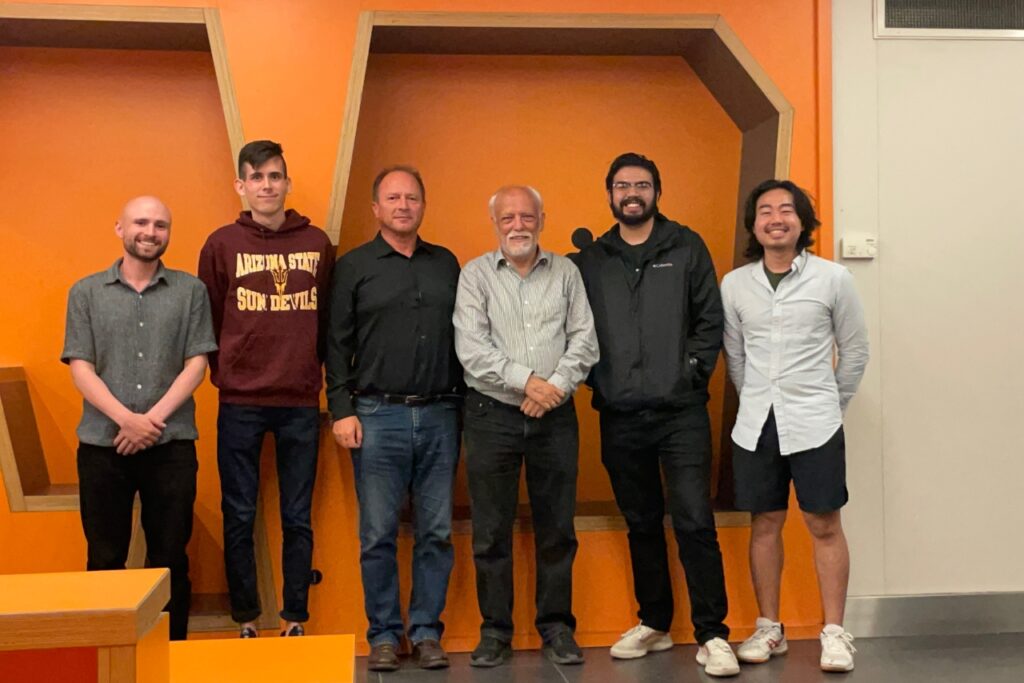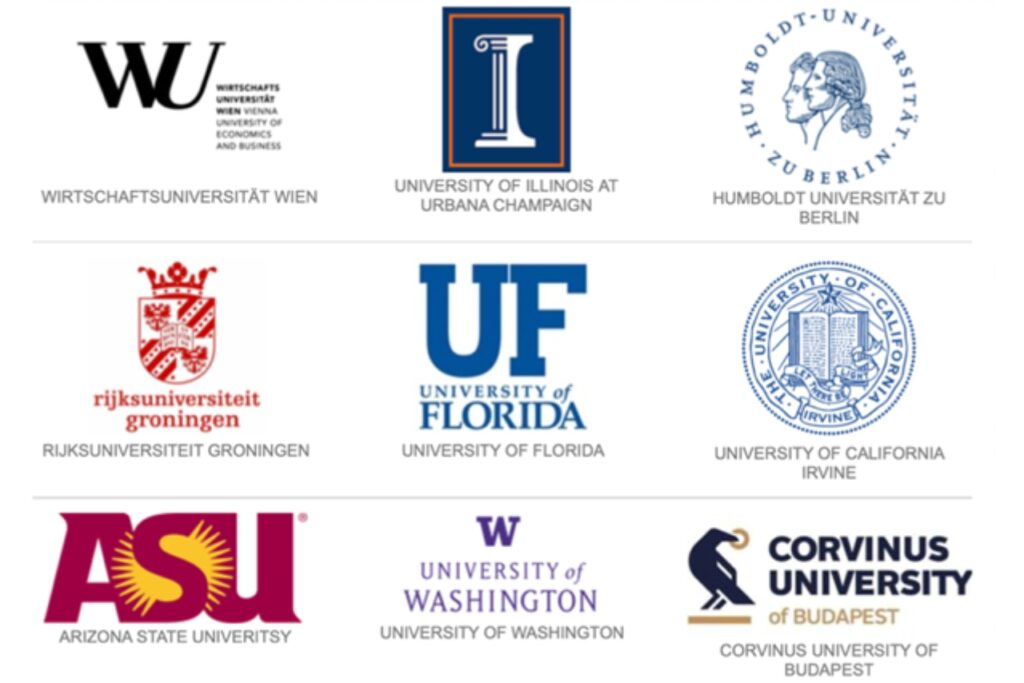Corvinus University of Budapest hosted visiting students from the United States at the Continental Seminar of the NEURUS Fellows Program
30th of September, 2023

NEURUS is an international consortium of universities dedicated to the collaborative study of urban and development issues. The origin of acronym NEURUS derives from the consortium’s original title when first established in 1998: the Network for European and U.S. Regional and Urban Studies consisted of six universities, three in Europe and three in the United States. Today, the eight-university NEURUS consortium, including the Corvinus University of Budapest, is continuing to explore partnerships with universities and colleagues elsewhere in North America, Asia, and Latin America.
A centerpiece of the consortium is the NEURUS Fellows program, a framework of agreements and supportive environments designed to give scholars and students flexible opportunities to enhance their study of urban and regional issues from comparative perspectives. Through distance learning courses, NEURUS also encourages the participation of students and scholars from other universities, wherever they are located.
Issues and topics pursued by NEURUS scholars, though wide-ranging, share a common theme: a focus on forces and trends affecting cities and regions in an increasingly global economy. Areas of faculty expertise include economic development, sustainable development, innovation, science policy, infrastructure, land use and management, environmental regulation and control, community development, housing, geographic information systems, and economic impact methods and modeling. NEURUS attracts scholars and students in a variety of disciplines including–but not limited to–business administration, public policy, city planning, geography, sociology, economics, and political science.

Beginning in 2010/11, NEURUS Continental Seminars are held in Europe in the fall and in the United States in the spring. NEURUS Exchange Fellows present their research ideas and progress and receive feedback. Occasionally, faculty also present work in progress. Seminars also typically include tours and excursions in the host region as well as social events.
The Fall Seminar of the NEURUS Fellows program took place between 20th and 23rd of September at Corvinus University of Budapest. The event organized and hosted by Associate Professor János Balázs Kocsis alongside with his PhD student, Bálint Tóth who, as the first NEURUS Fellow of CUB, visited Arizona State University in the Spring of 2023.
American students visited Corvinus University of Budapest personally from University of Washington, Seattle, and University of California, Irvine who are currently attending Humboldt University of Berlin and Vienna University of Economics and Business. European students from Vienna and Berlin also joined to the Seminar, who are going to start their research at a participating US university early next year.
During their four-day stay in Budapest, the students prepared for their presentations with the support of Professor Kocsis, but there was also plenty of time for sightseeing in Budapest, which included not just tourist destinations, but also districts which may be of particular interest to US and European students interested in urban issues.
The Continental Seminar of 2023 Fall has created a great opportunity for scholars, professors, and students to gather together and discuss research proposals in a very exciting way, as European and US participants also attended, sharing perceptions and advice from different perspectives. As before, this year’s research topics covered a wide range including adaptive reuse of structures in Vienna, indigenous planning in the Phoenix Metropolitan Area, and comparative studies of public space management in Berlin and Seattle. Viola Horváth, this year’s NEURUS Fellow of CUB also presented her research proposal, which received many acknowledgements from the professors of the NEURUS Faculty. Viola, focusing on the role of service design and experience-based learning in the tourism industry and urban development, starting her research at University of California, Irvine in January 2024.